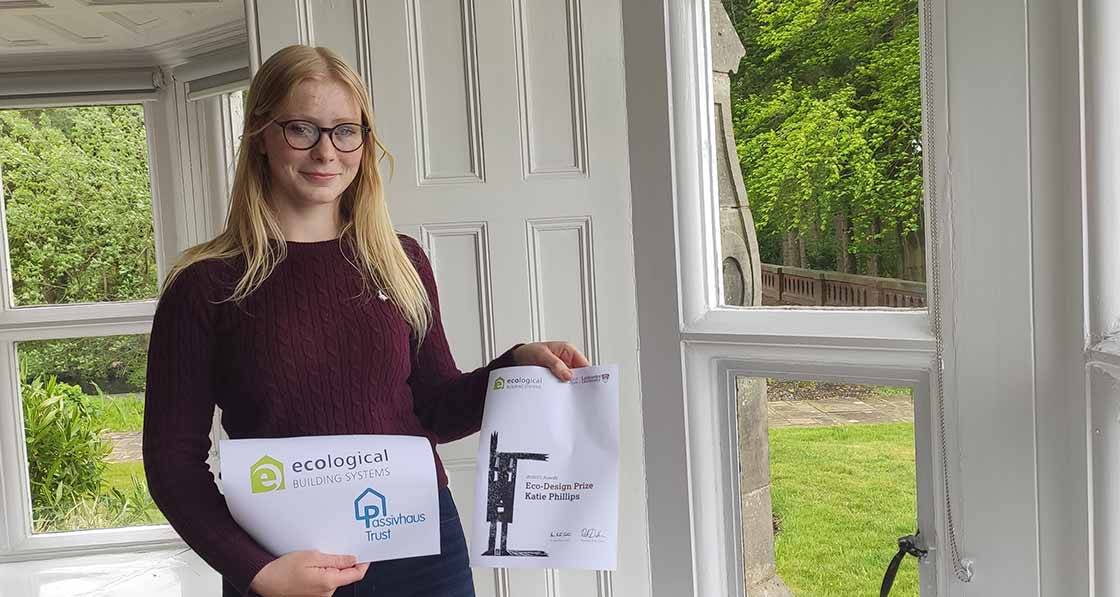
- Marketplace
- Posted
Ecological seminar tackles embodied carbon ‘blind spot’
Ecological Building Systems recently hosted a series of thought-provoking presentations on the topic of going beyond NZEB and addressing the carbon blind spot of the construction industry: embodied carbon.
This article was originally published in issue 38 of Passive House Plus magazine. Want immediate access to all back issues and exclusive extra content? Click here to subscribe for as little as €10, or click here to receive the next issue free of charge
With over 200 in attendance for this virtual seminar, delegates were treated to six informative presentations delivered by a panel of leading experts from different sectors of industry.
The ‘2NZEB & Beyond’ seminar aimed to raise awareness of to how to achieve NZEB compliance, and more importantly, to look beyond this to address the environmental impact of the materials we choose to build with. With a growing emphasis on carbon emissions, there is a need to not only consider how much carbon is used in manufacturing products, but also to think about what happens once they have reached their end of life.
The first speaker was Antonella Uras from SEAI with her presentation ‘NZEB in new build and retrofit’. Antonella outlined some interesting technical developments ahead for DEAP energy assessment regarding new cooling and overheating calculations. This could increase the demand for more widespread adoption of thermal insulation with a higher heat storage capacity, such as wood fibre insulation, a point which was complimented by Stephen Barrett of the IGBC in his presentation, ‘Burping, driving, and counting the true carbon impacts of our material choices’. Stephen highlighted how using one square metre of wood fibre insulation can offset the equivalent of 860 km of driving, whereas one square metre of PIR can contribute the equivalent of 1,188 km.
Michael O’Brien of the WWETB summarised the development of NZEB courses to address the future needs of the industry and of the outstanding work being done to upskill trades, which are a vital cog in the wheel if Ireland is to meet 500,000 BER housing upgrades to B2 standards by 2030. Meanwhile, John Morehead of Wain Morehead Architects delivered a detailed and thought-provoking presentation, ‘NZEB pandemic performance’, in which he stressed the necessity of optimising comfort and internal air quality now that remote working has become the norm.
Finally, Niall Crosson, group technical manager with Ecological, built on this by describing how thermal comfort was achieved on his own passive house through the use of sustainable materials, airtightness and a well thought out ventilation strategy.
“When one considers that embodied carbon will be responsible for almost half of total new construction emissions between now and 2050, there is no time to waste in addressing our upfront carbon emissions through better design and the use of more sustainable building materials,” said Crosson.
Find out more at www.ecologicalbuildingsystems.com.
Related items
-
 Build Homes Better updates Isoquick certification to tackle brick support challenge
Build Homes Better updates Isoquick certification to tackle brick support challenge -
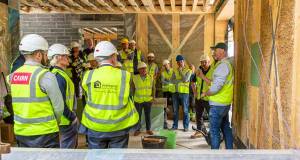 Ecological Building Systems expands UK and Irish straw panel construction with EcoCocon deal
Ecological Building Systems expands UK and Irish straw panel construction with EcoCocon deal -
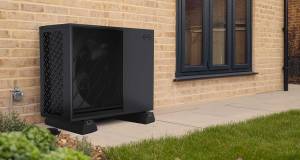 Grant’s Aerona R290: A next-gen heat pump designed for the Irish climate
Grant’s Aerona R290: A next-gen heat pump designed for the Irish climate -
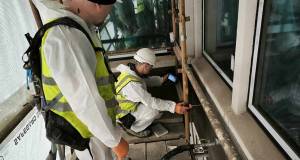 Historic Dublin building retrofitted with cutting edge insulation
Historic Dublin building retrofitted with cutting edge insulation -
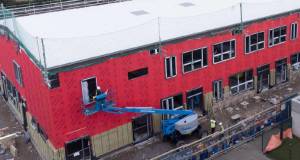 Proctor gains ground with Scottish passive schools
Proctor gains ground with Scottish passive schools -
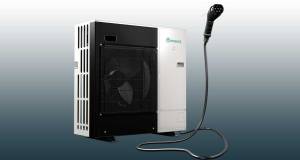 Heat pump and EV charger combo promises smart energy use
Heat pump and EV charger combo promises smart energy use

